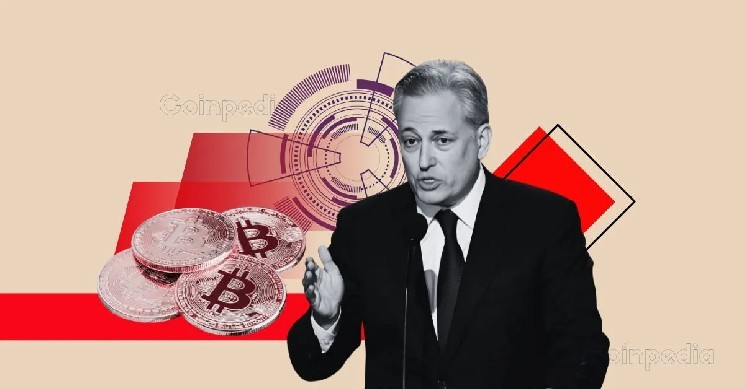David Sacks, the White House’s AI and crypto czar, has made it crystal clear that the Trump administration is fully supportive of the crypto industry. In a recent interview on Fox Business, Sacks emphasized that “Cryptocurrencies are the future financial system,” and stressed the importance of promoting the industry. He highlighted significant progress made in the first 100 days, which included reversing what he referred to as years of anti-crypto policies and delivering on campaign promises.
However, not everyone is on board with this shift. Senator Elizabeth Warren has been a vocal critic of crypto and recently took aim at a new bill that narrowly passed the House. She labeled it as a giveaway to the rich and a detriment to Medicaid. Warren has also been critical of the Trump administration’s close ties to the crypto industry, accusing them of using it for their own benefit.
The tension between Sacks and Warren escalated when Sacks accused Warren of being an obstacle to innovation and the growth of the crypto industry. He went as far as calling her “crypto’s biggest enemy” and accused her of wanting to drive the industry out of the U.S. Sacks also took aim at the Consumer Financial Protection Bureau (CFPB), a watchdog agency that Warren helped create, labeling it as her “personal goon squad” used to pressure crypto companies.
In response, Warren raised ethical concerns about Sacks, pointing out his dual roles as an advisor on crypto policy and the head of a venture capital firm that invests in crypto. She highlighted the conflict of interest in his positions and criticized the Trump administration for granting him an ethics waiver to shape policies that could benefit his own investments.
Despite the controversy surrounding Sacks and Warren’s clash, Sacks hinted at a potential increase in the U.S. government’s Bitcoin holdings through the newly established Strategic Digital Asset Reserve. This reserve, seeded with Bitcoin seized by the Treasury, could allow for future purchases if funded without adding to the national debt. Sacks mentioned that if funds are reallocated from underused programs by Commerce or Treasury officials, the government could expand its Bitcoin holdings without the need for new taxes or borrowing.
The crypto debate in Washington is intensifying, with personal attacks and ethical concerns coming to the forefront. The future of the crypto industry in the U.S. remains uncertain, as conflicting views and interests continue to shape policy decisions.

